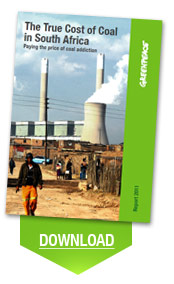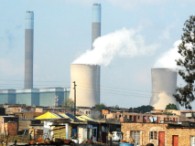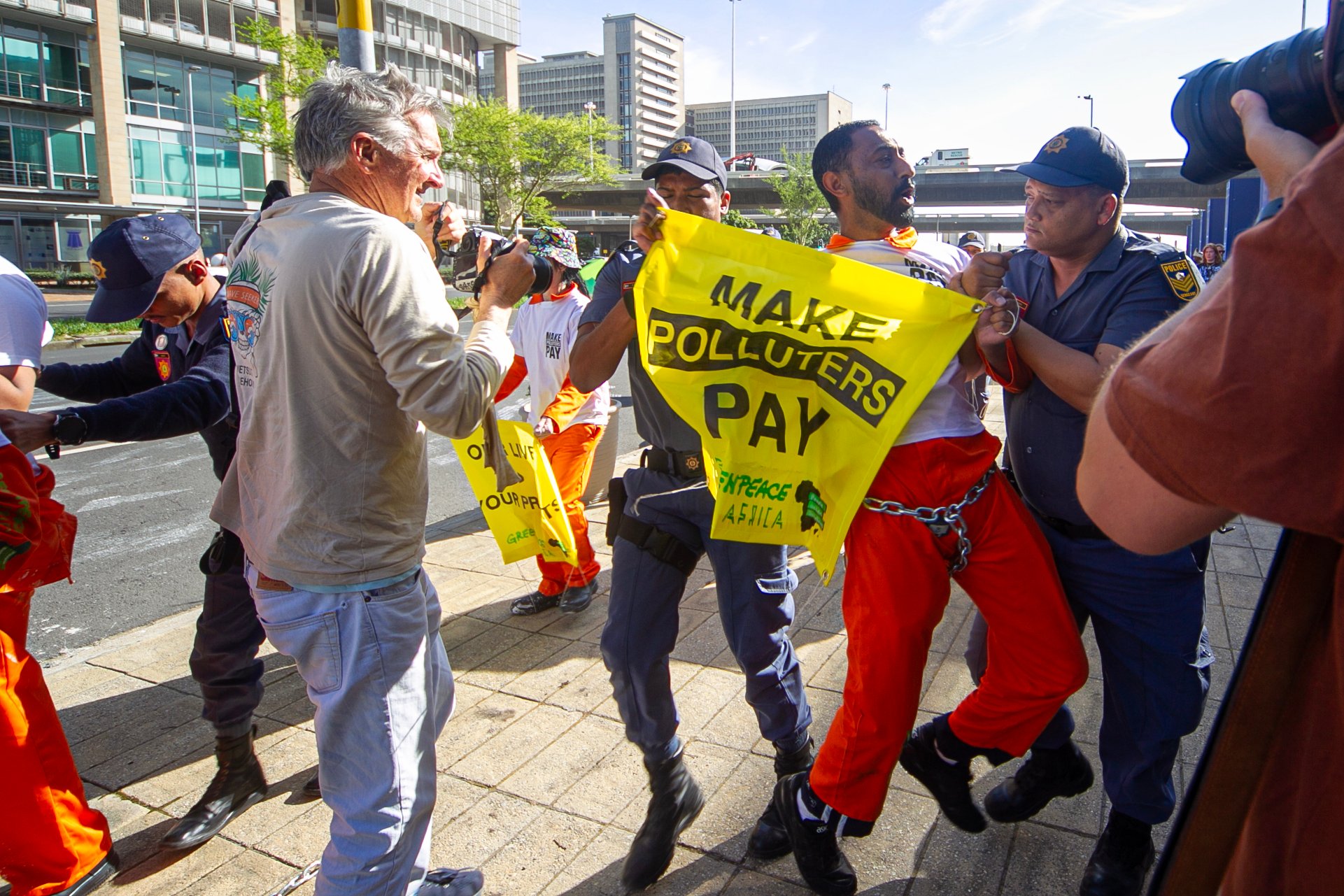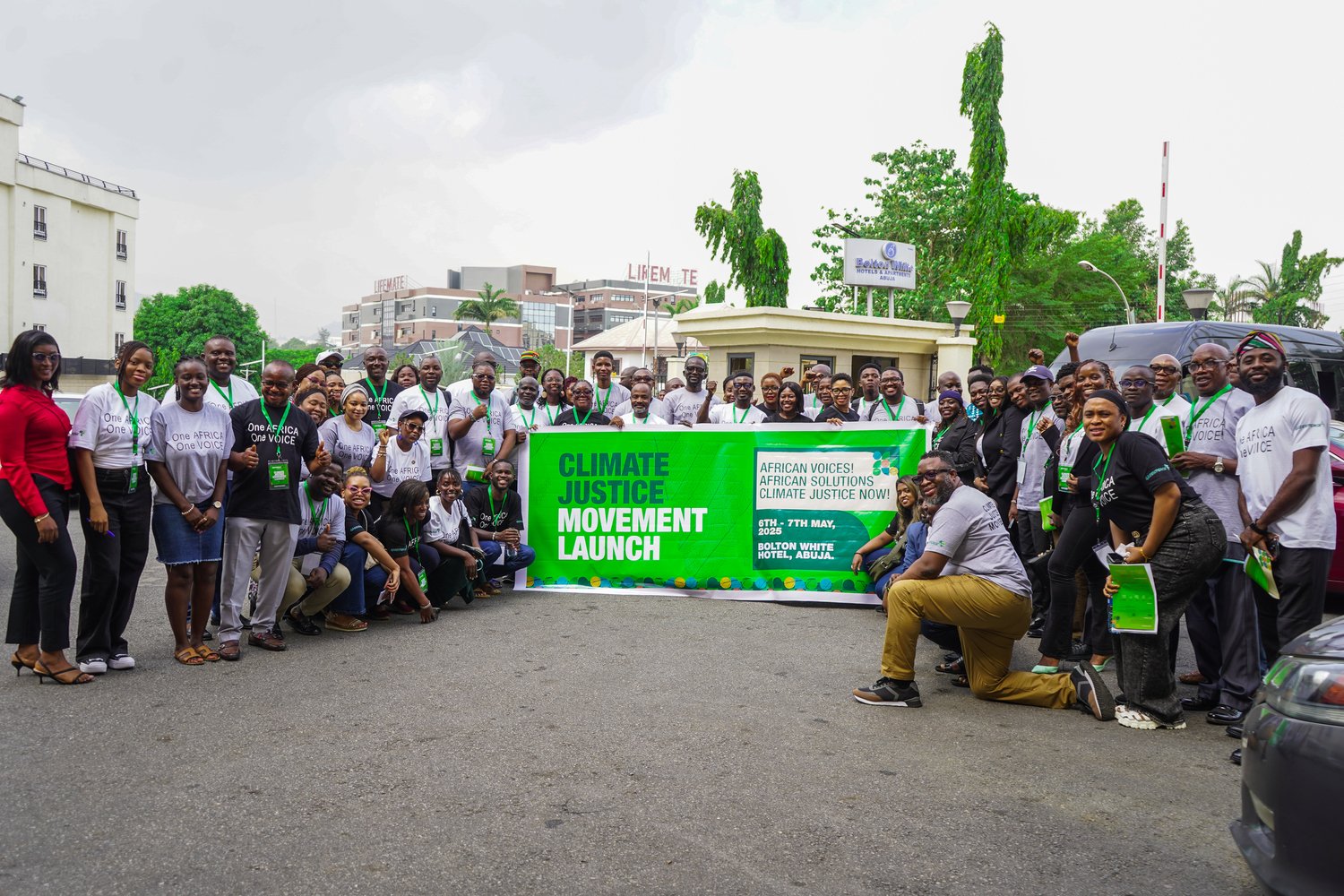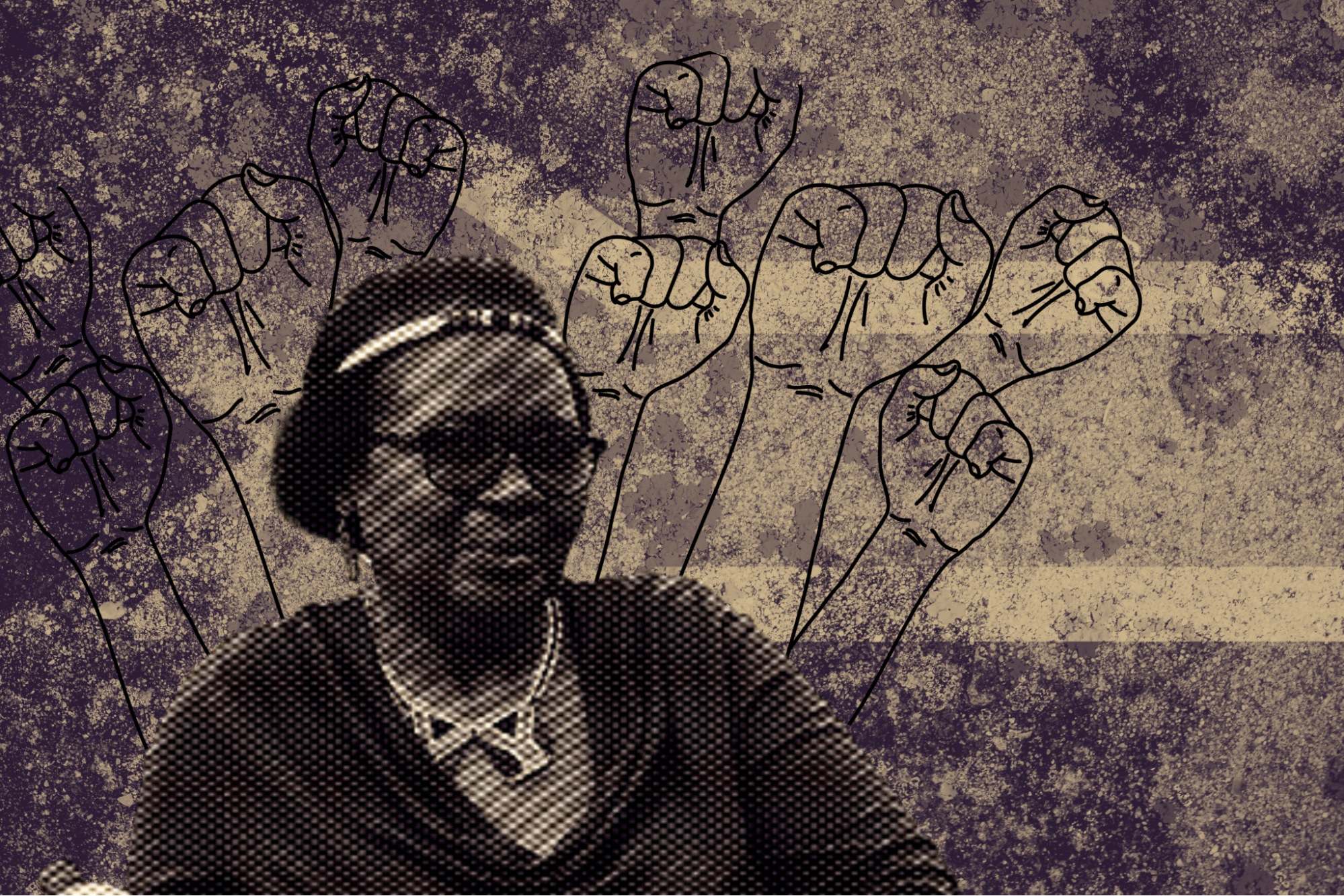The monstrous price of South Africa’s coal addiction
Our latest report, ‘The True Cost of Coal’, calculates the actual costs of Kusile’s entire coal chain: from climate change to water use, the impact on health and the ravages of coal mining.
It is based on an independent scientific study commissioned by Greenpeace Africa from the University of Pretoria’s Business Enterprises unit.
This report provides compelling evidence that South Africa should end its addiction to coal. Greenpeace Africa strongly opposes Eskom’s continued and morbid fascination with massive coal-fired power stations.
>> View infographic of the report
“Building colossal new coal-fired power stations like Kusile, and its sibling Medupi, is not only absurd in the face of catastrophic climate change, but will over-burden South Africans, many of whom have neither adequate shelter nor job security,” says Greenpeace Africa climate campaigner Melita Steele.
“One of the true tragedies of government and Eskom’s continued addiction to coal is the fact that notwithstanding the future risks, coal has already failed to deliver electricity to many South Africans, with at least 2,5 million homes still denied access to electricity” continued Steele.
“Eskom should stop construction at Kusile and invest in renewable energy solutions, which guarantee thousands of new jobs, while there is still time. The true cost of building this power station is much more than South Africans can afford to pay.”
For communities that live near coal-fired power stations, the externalised costs (in terms of water pollution and health issues) are staggering.
South Africa © Greenpeace / Oswald Chikosi 2011
The findings of the University of Pretoria study confirm this. As stated in the study: “The results of the analysis provide a compelling argument for Eskom to stop investing in coal and instead commit to developing alternative renewable energy solutions – actively encouraged and assisted by government.”
“Renewable energy beats coal in every context. It will deliver decentralised energy to all South Africans, creating a win-win-win situation for job creation, the climate and energy access.”
The real scandal is that, according to the report “if the same amount of attention and resources were applied to renewable energy, we could develop five times Kusile’s proposed power generation capacity from clean energy sources with only 30% of Kusile’s external costs”, Steele concluded.
>> For more of a discussion on the study’s findings, click here.
>> Take Action: Tell Government to up its renewable energy ambitions!
Downloads:
- True Cost of Coal executive summary and pull-outs
- Synthesis of scientific paper
- Full scientific paper and annexes
The report is based on an independent scientific study commissioned by Greenpeace Africa from Business Enterprises at University of Pretoria (Pty) Ltd, in association with the University of Pretoria’s Department of Economics, entitled: The external cost of coal-fired power generation: the case of Kusile.

